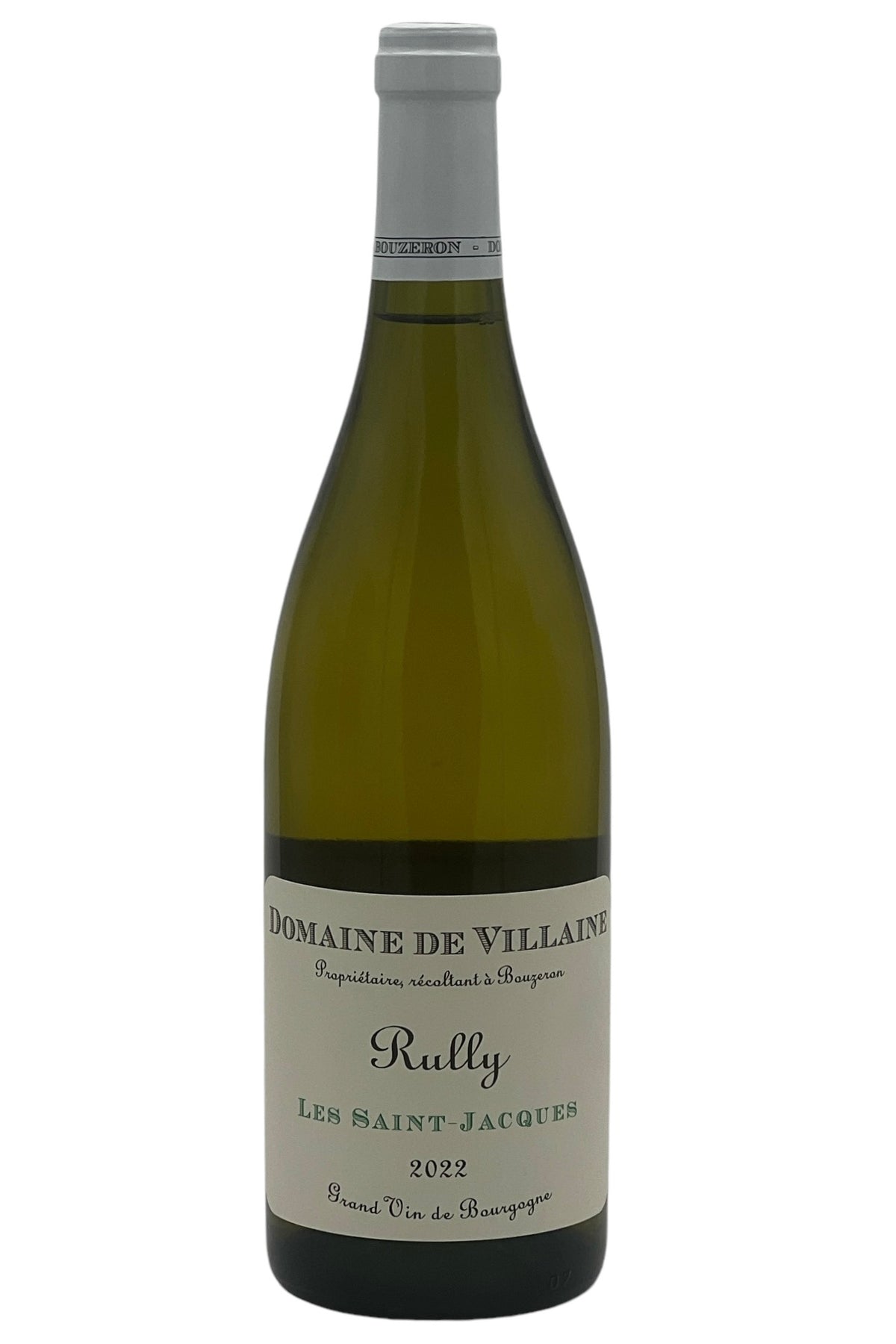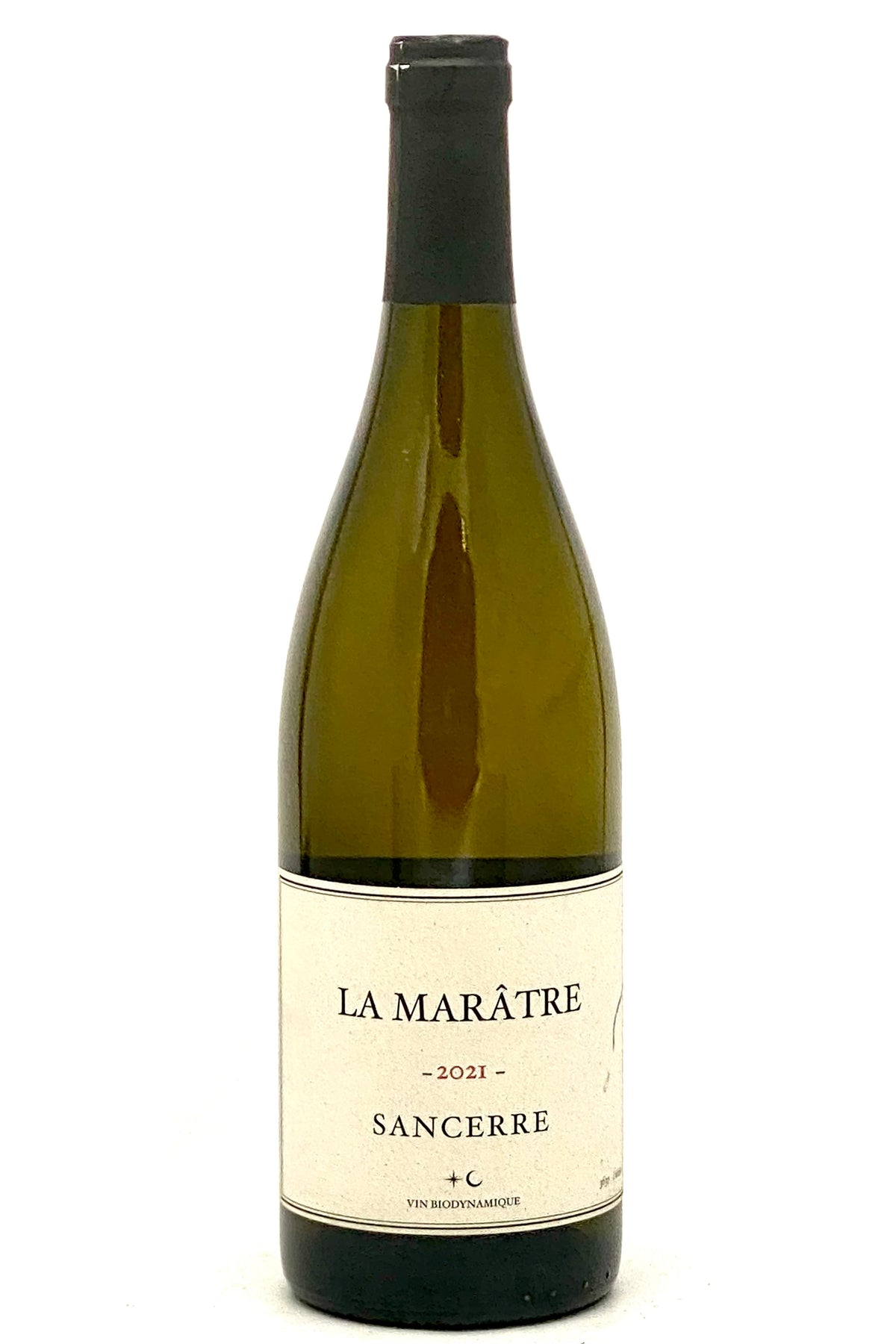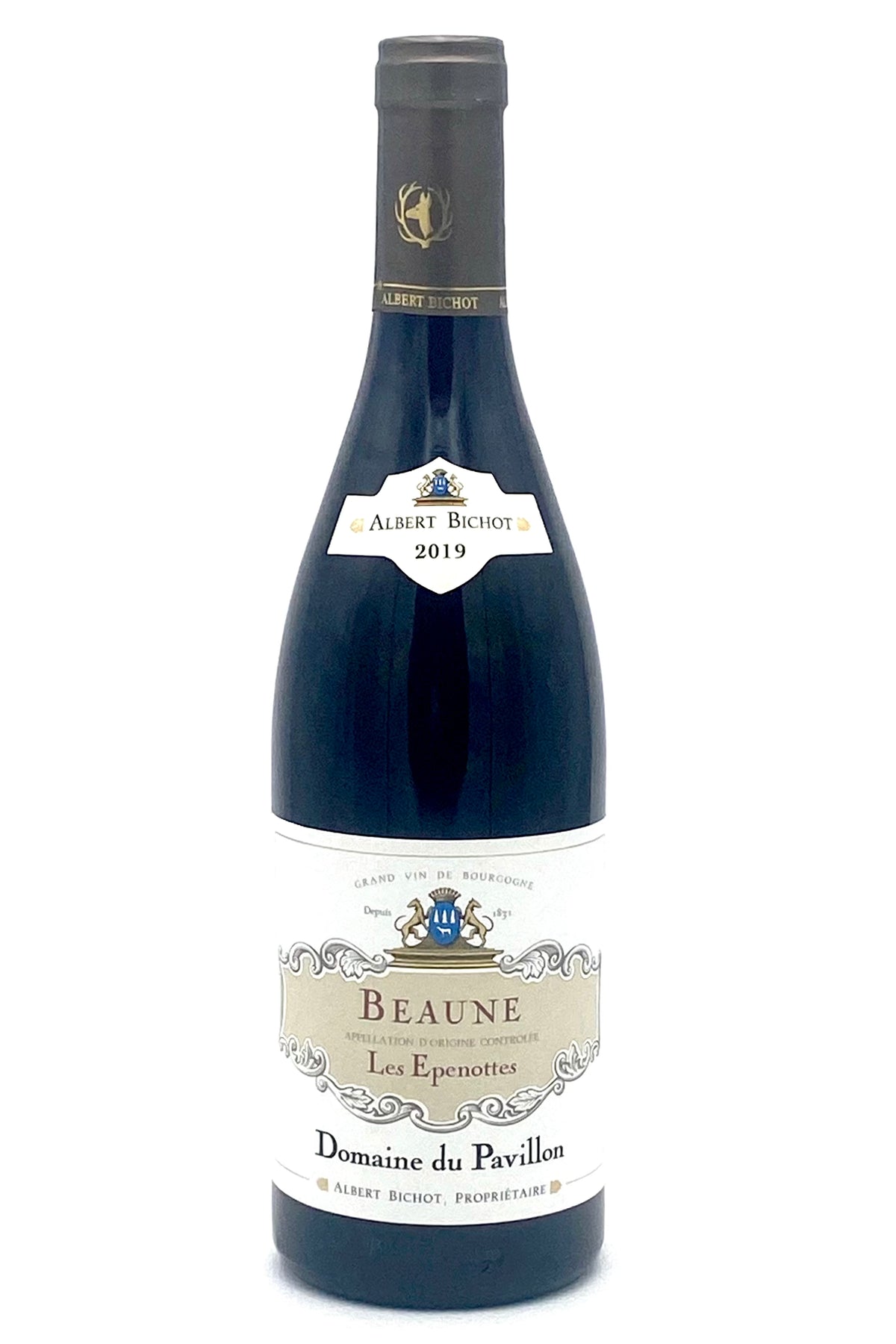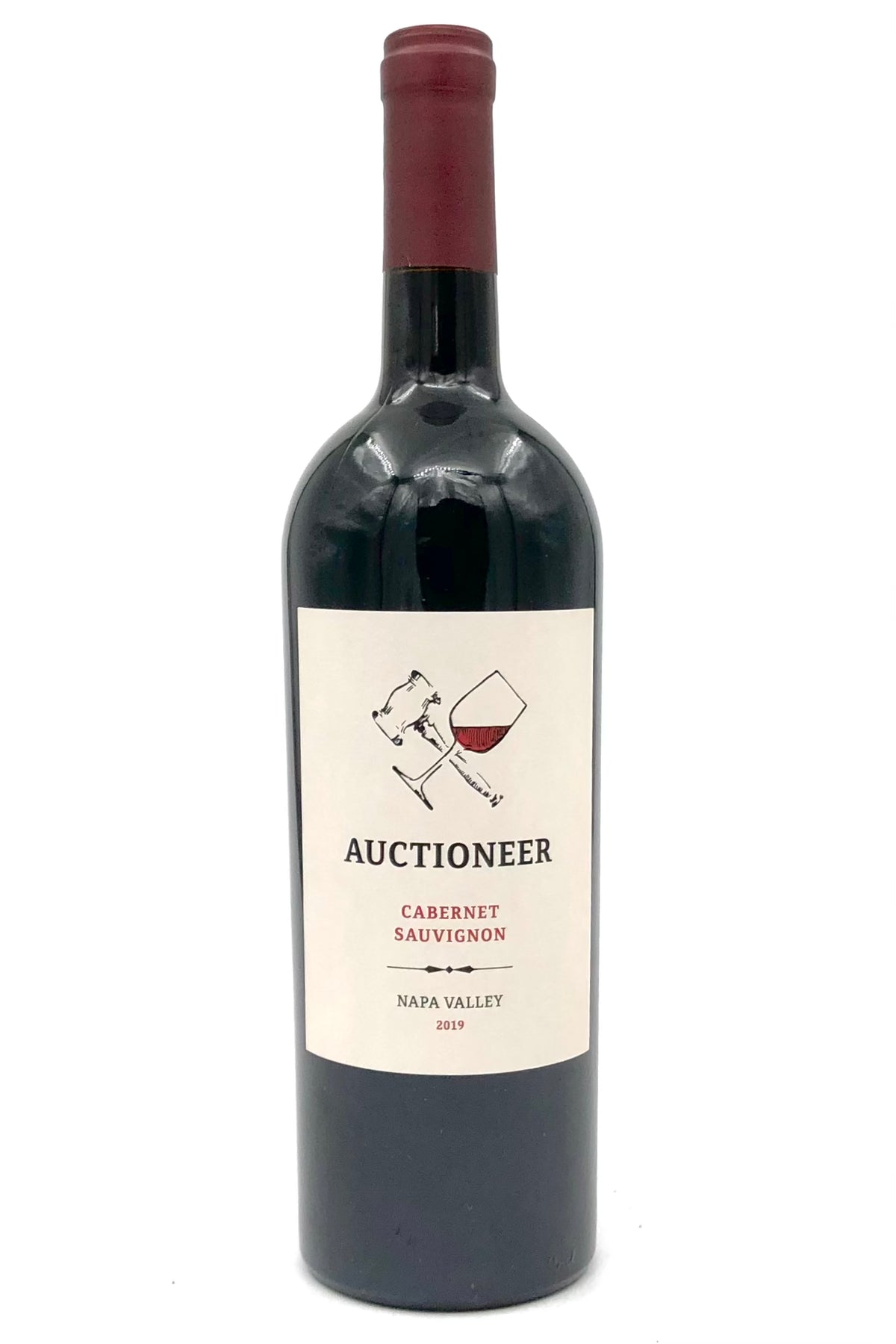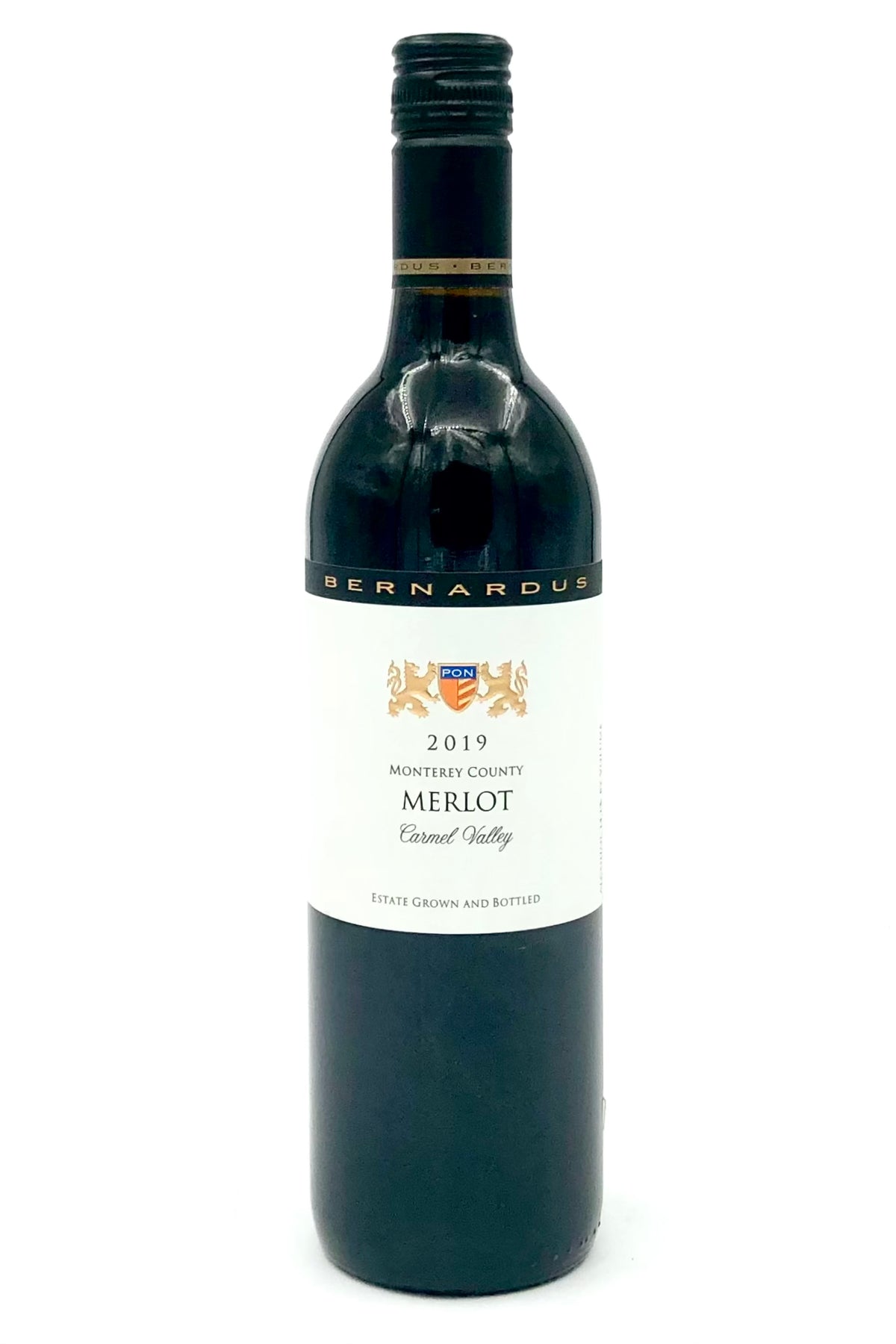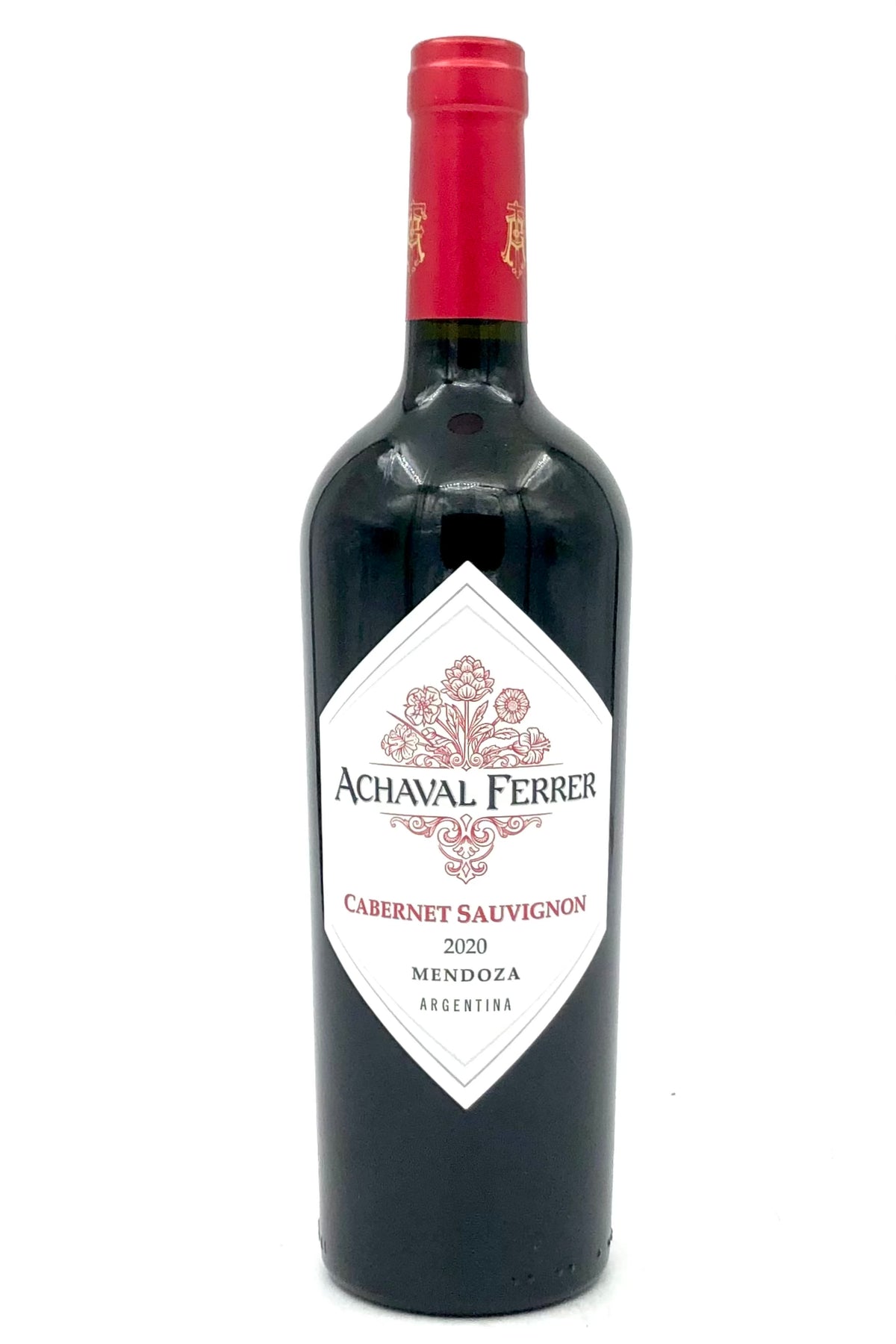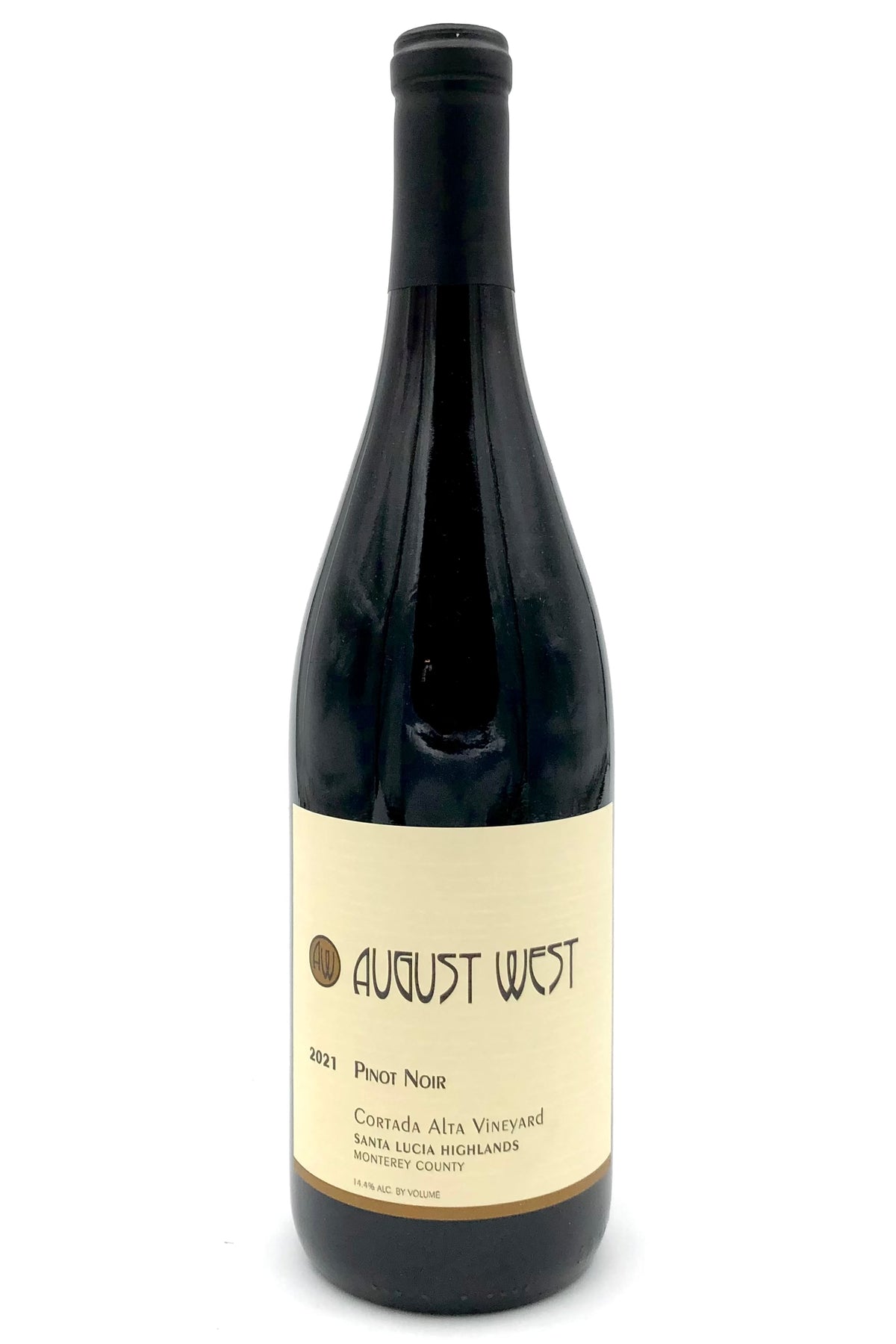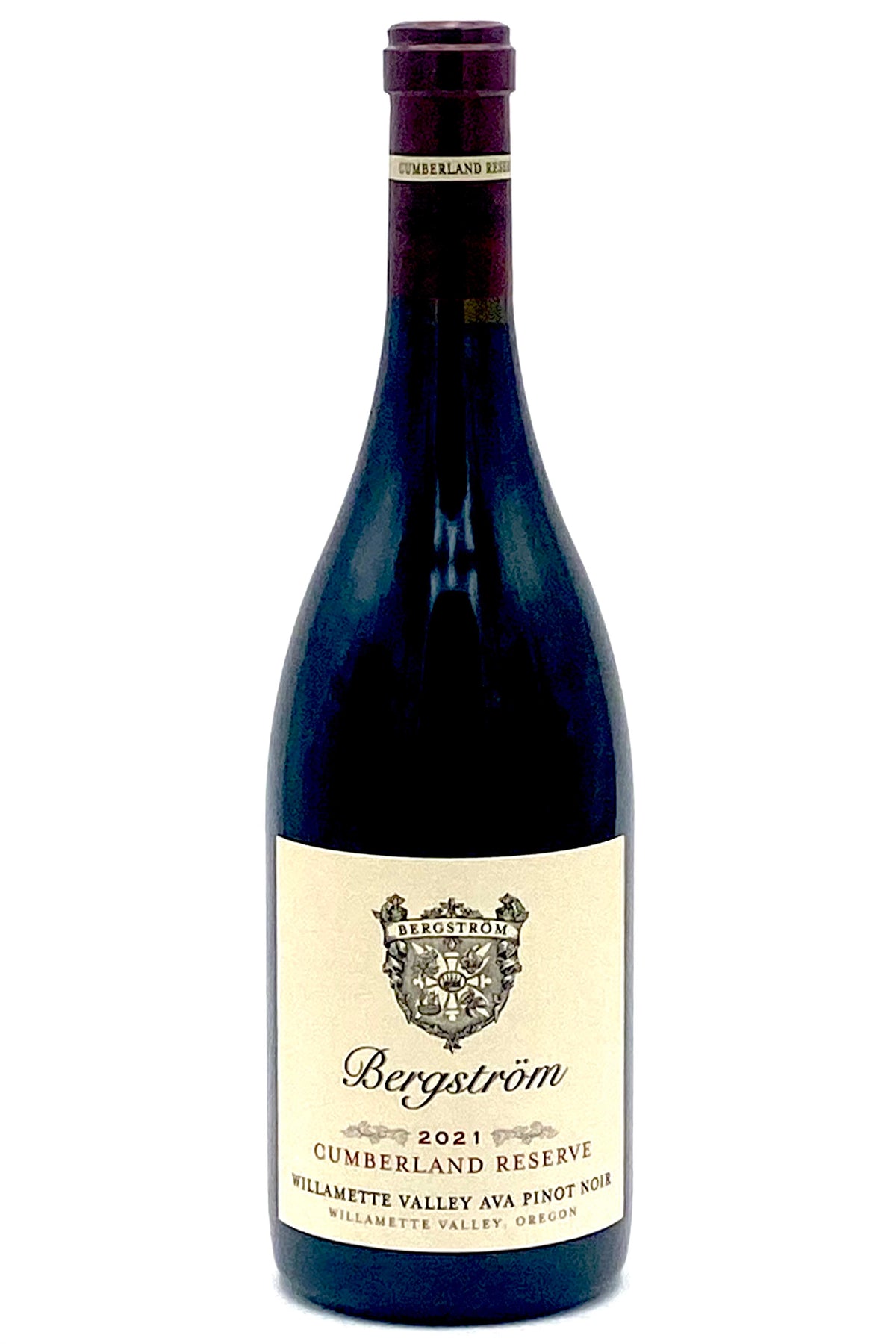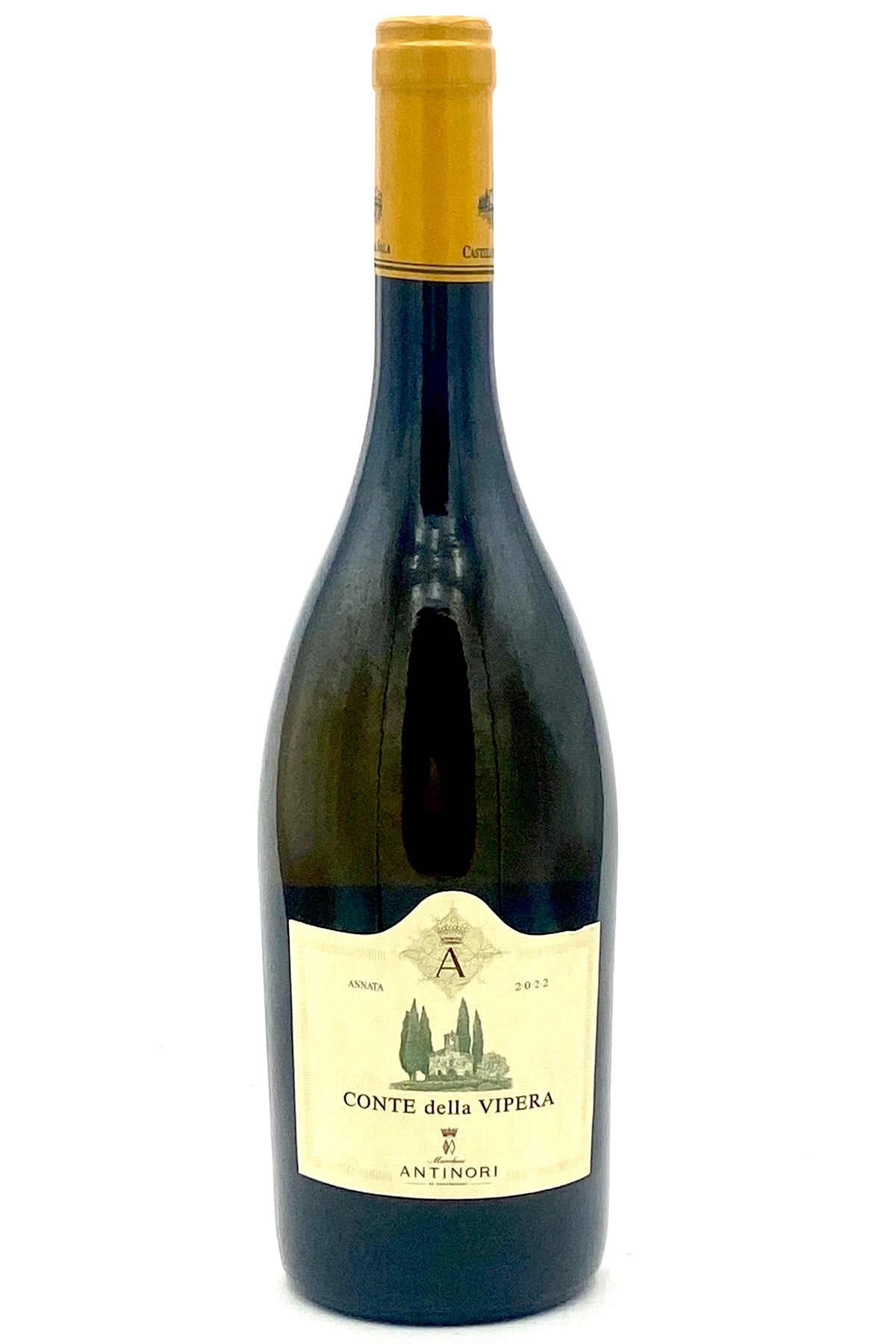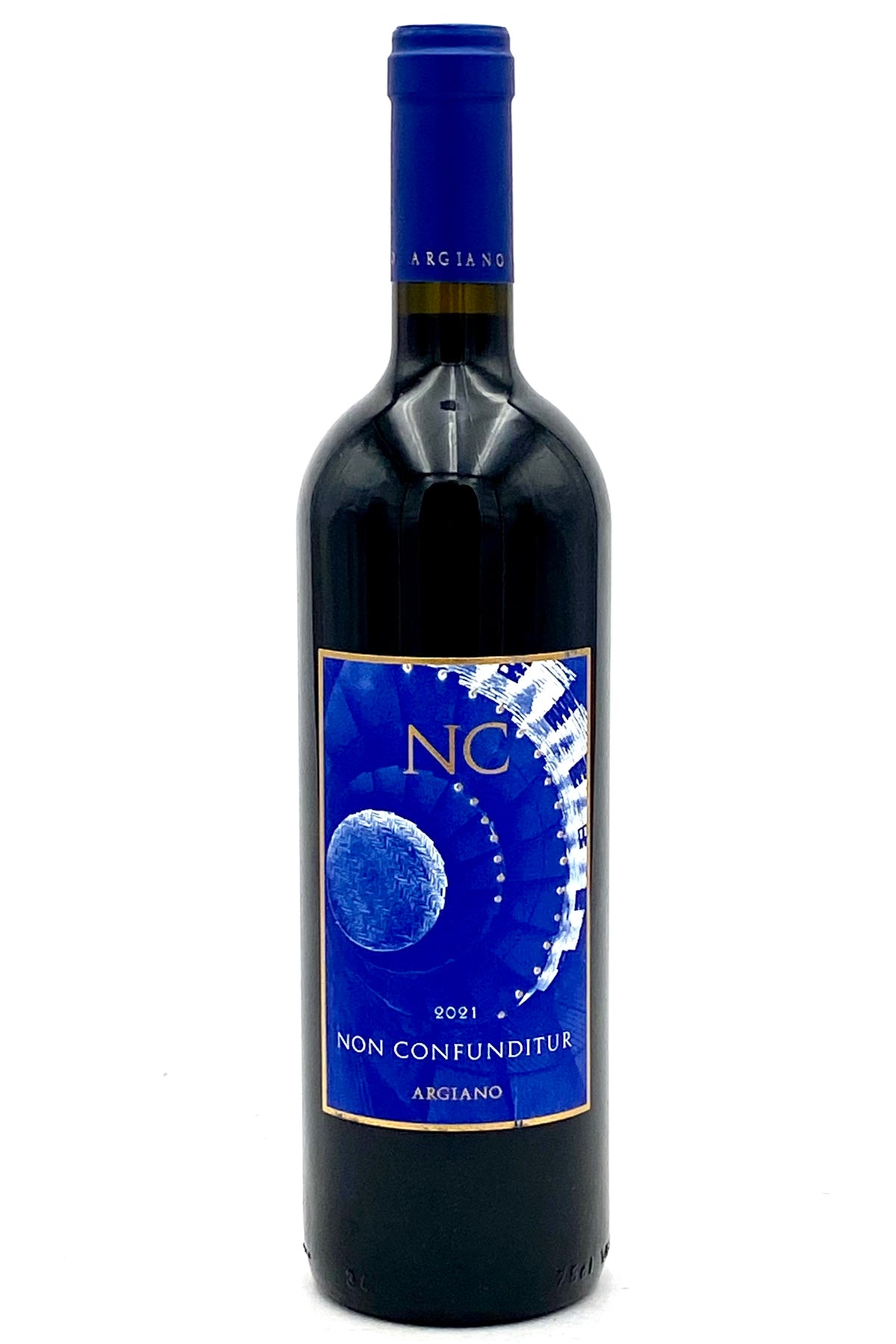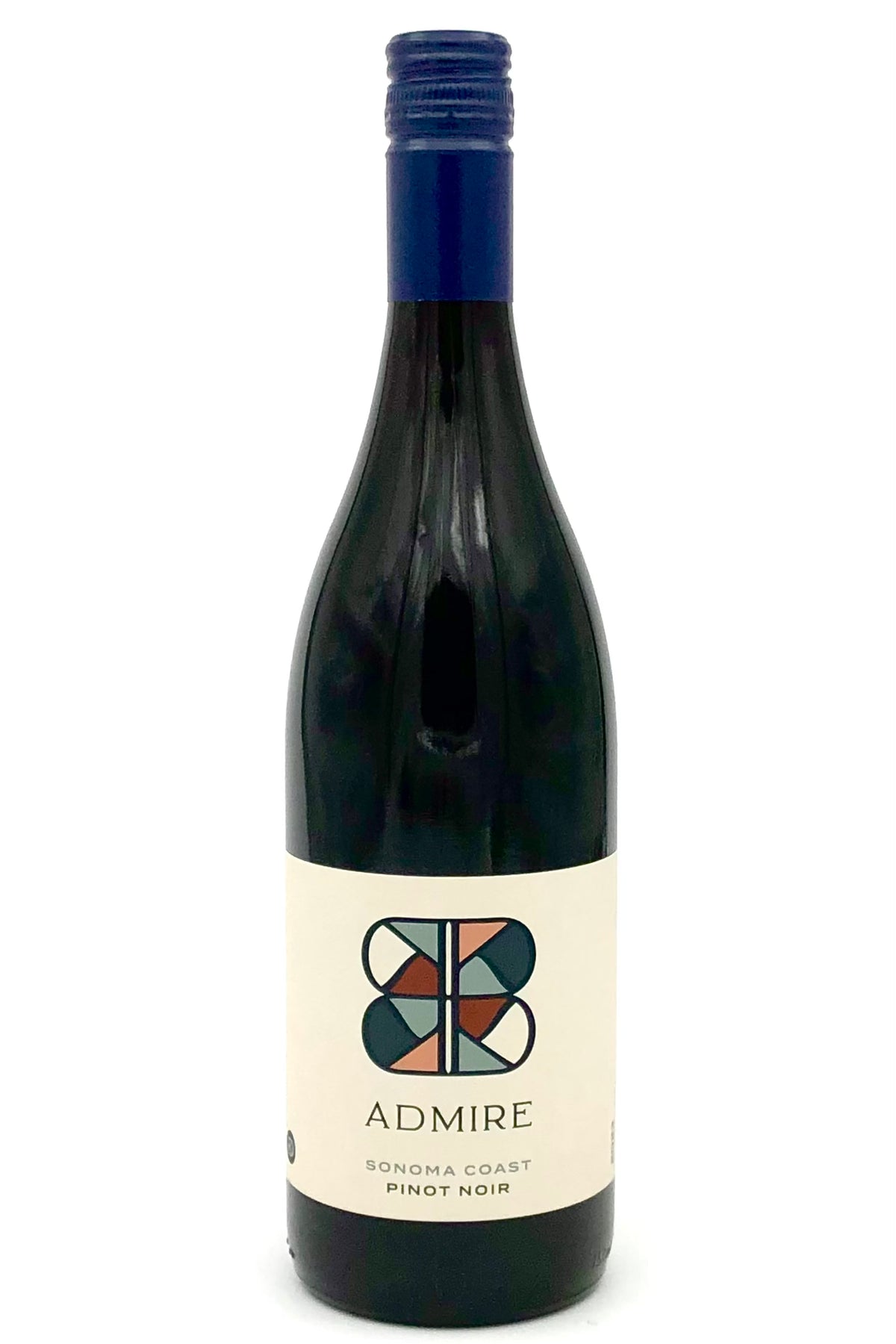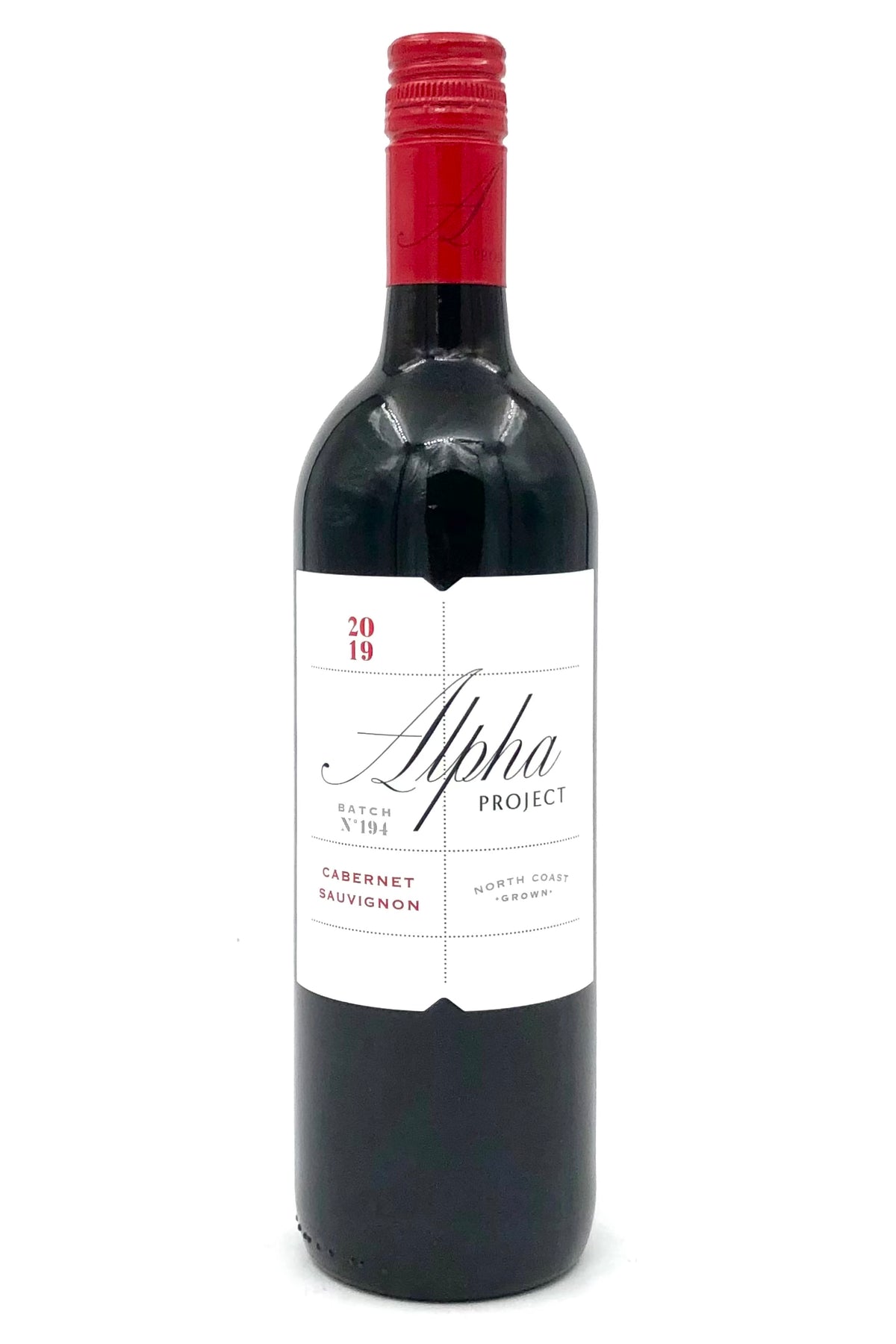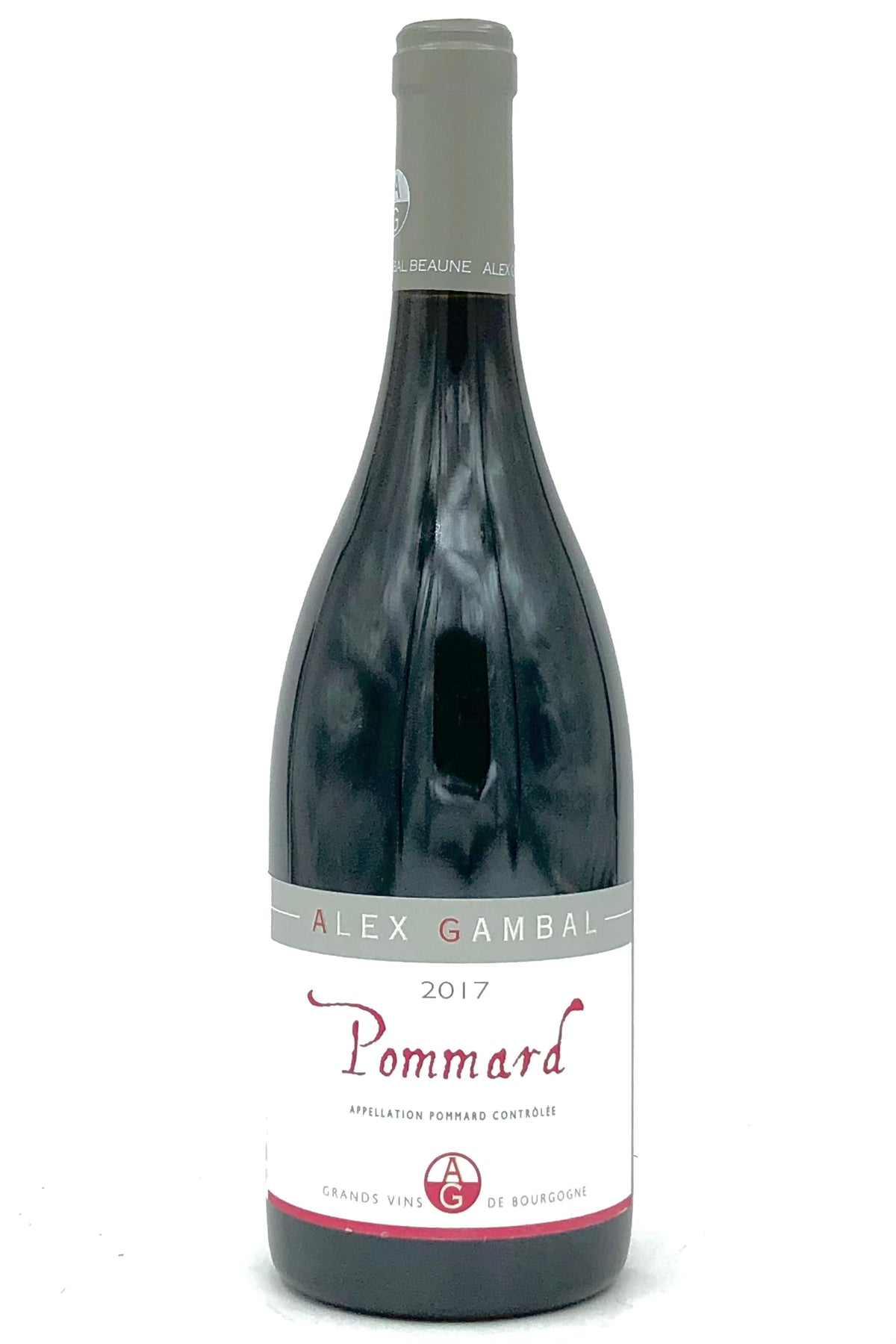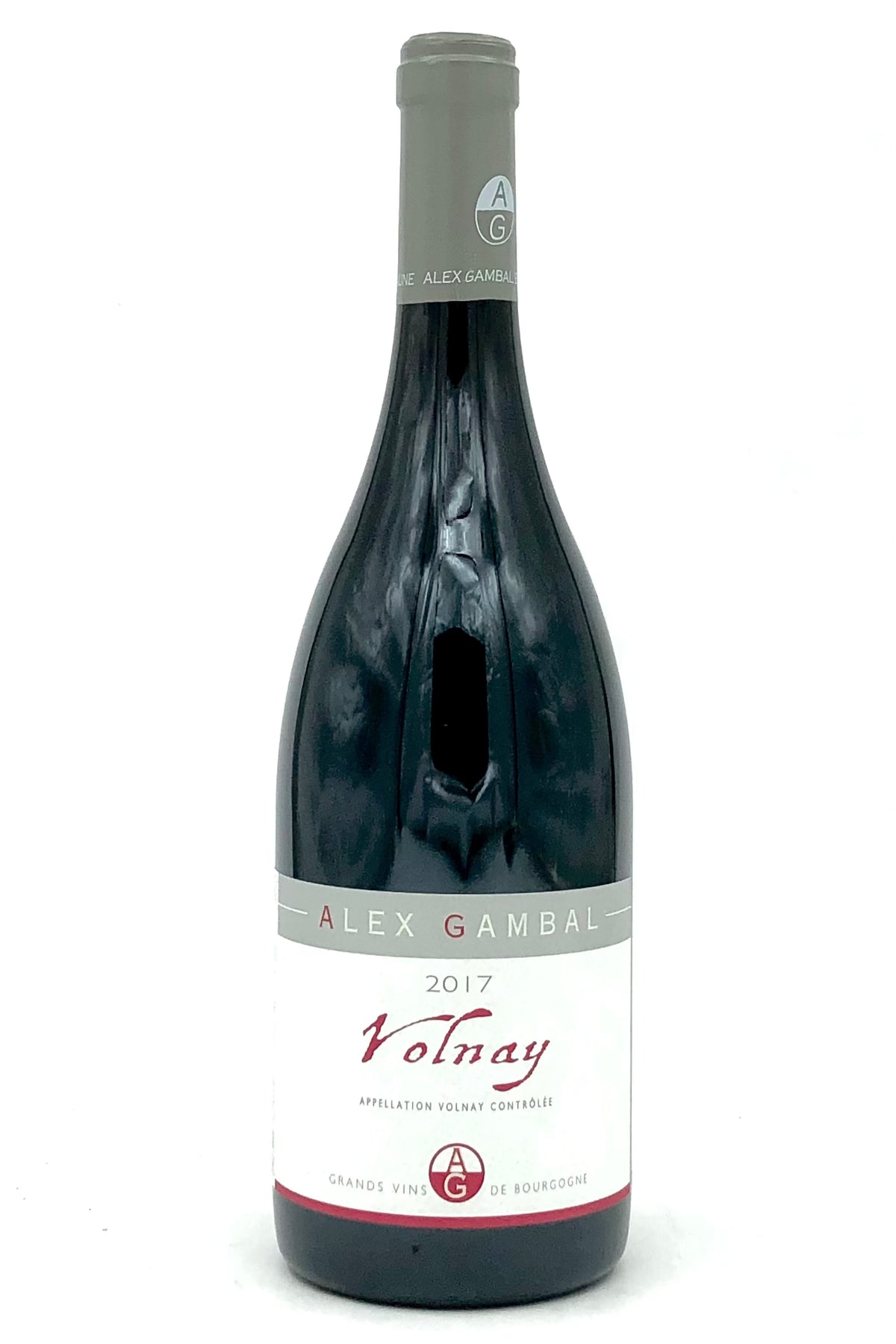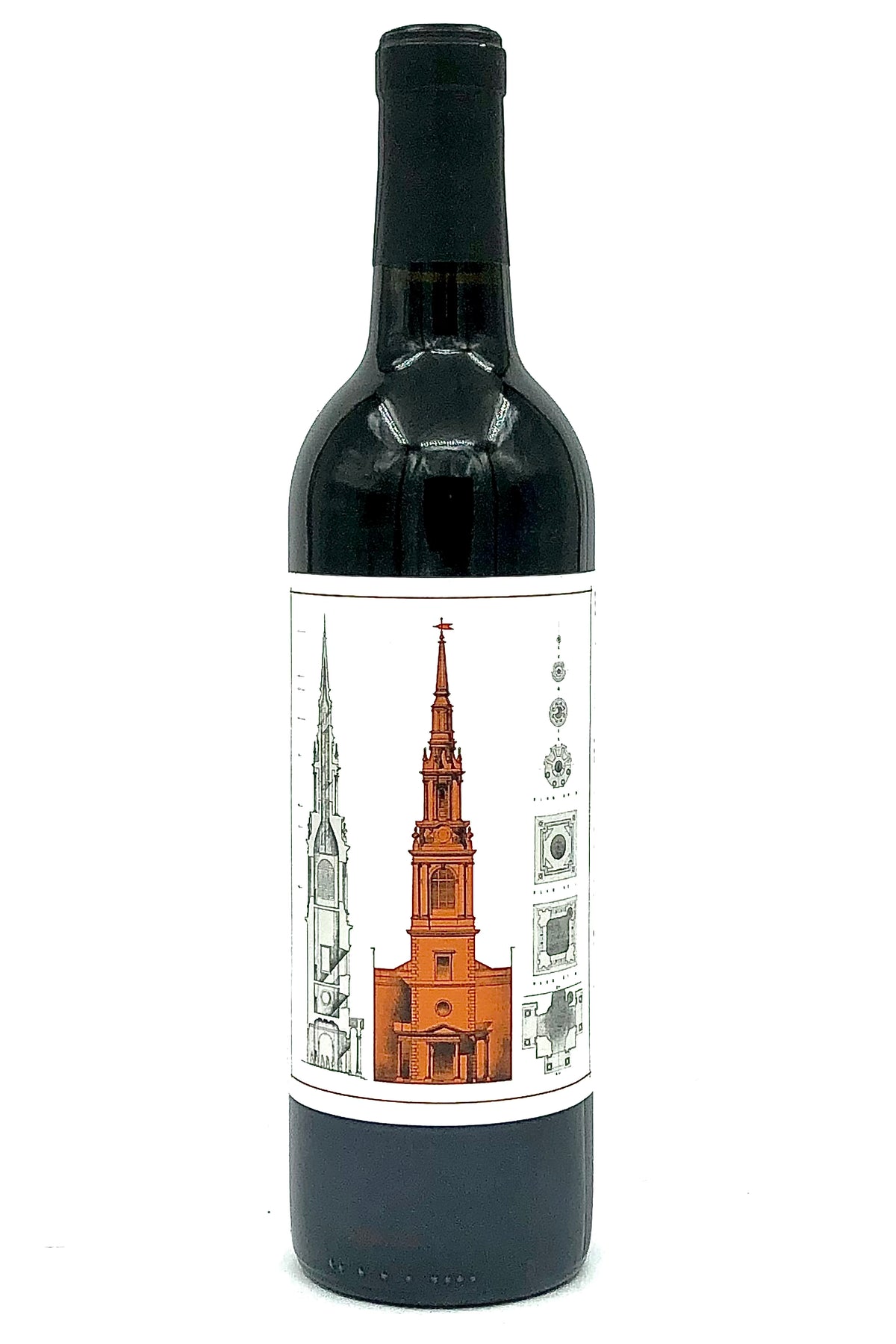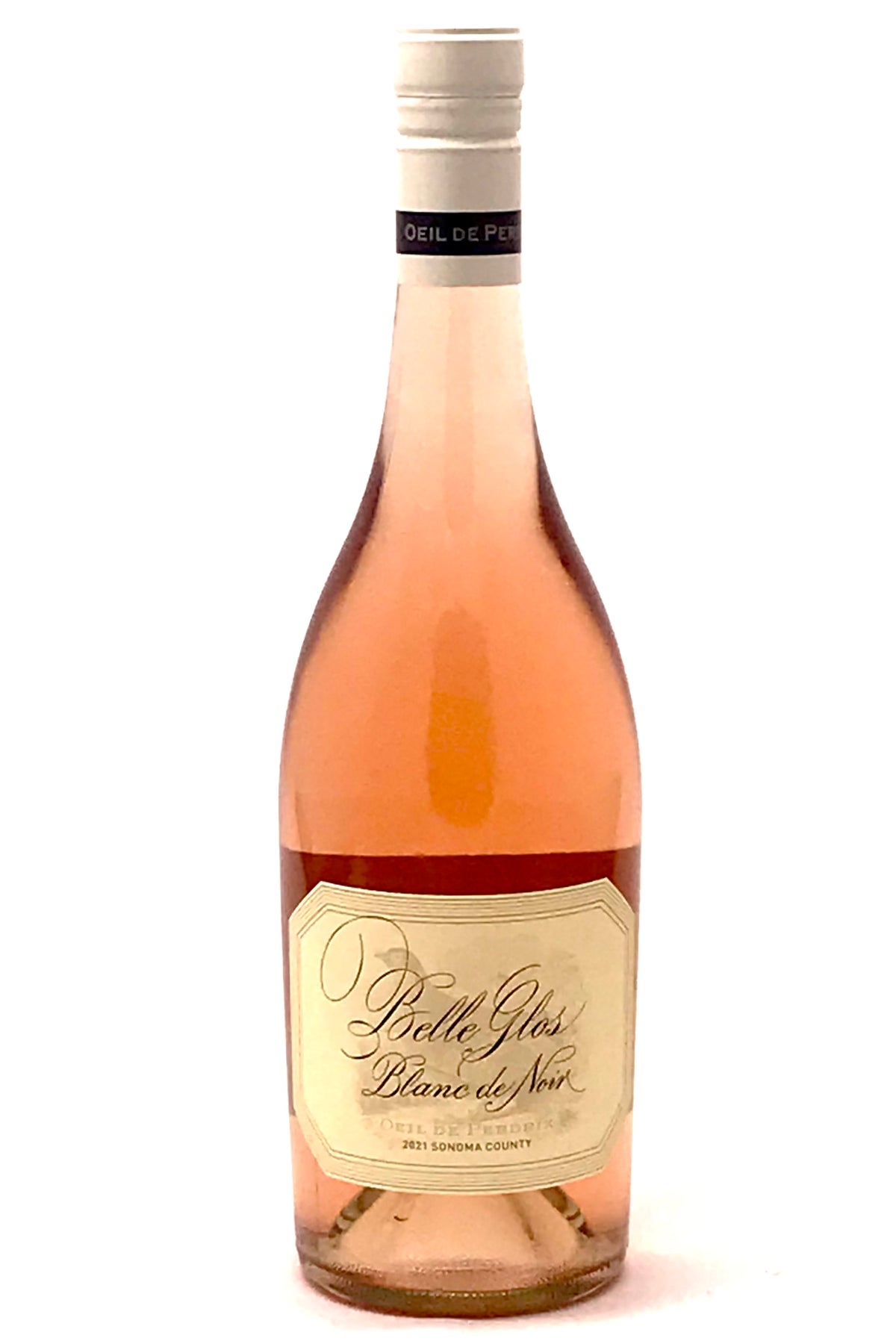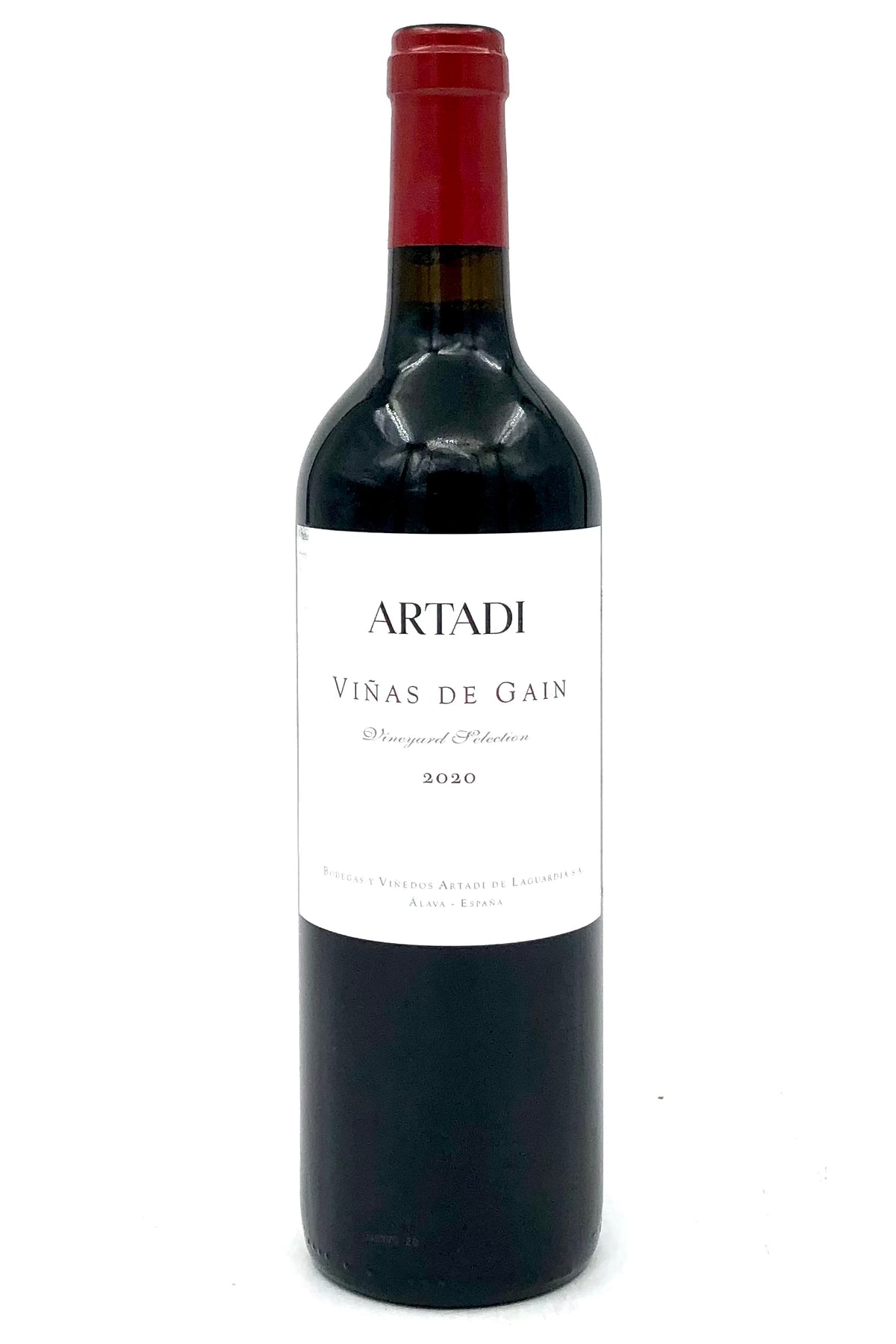Domaine de Villaine 2022 Rully Les Saint-Jacques Kermit Lynch
$ 65,00 $ 32,50
Aubert de Villaine deserves the accolades he receives. He is a reluctant hero, an unlikely trait in a man of such accomplishment, intellect, and inherent sense of noblesse. Heir to one of the most enviable wine legacies of all time, Domaine de la Romanée-Conti, the young Aubert was more interested in literature and law than wine. After spending time in New York working for an importer of Burgundian wines, he finally returned home in the mid-nineteen sixties to assume his role as co-director of DRC.
In the 1970s, Aubert and his American wife, Pamela, sought less pedigreed pastures to call home. They finally settled in the village of Bouzeron, well-situated between Chassagne-Montrachet, Santenay, Rully, and Mercurey, in the Côte Chalonnaise. However high profile his day job, Aubert still considers himself a vigneron like any other, and Bouzeron’s off-the-beaten-path location left him alone to make his own wines without the demands of upholding an international reputation. The domaine was horribly rundown when the de Villaines took over, but years of studying this unique terroir have made them pioneers in one of the last forgotten enclaves of Burgundy. The monks of the great abbey of Cluny first planted vines here in the twelfth century, leaving a legacy that has endured for centuries. Consequently, the grape varietal that reigns supreme today is the dry, white Aligoté—an unusual celebrity given its work-horse reputation in the middle of Chardonnay country. Bouzeron boasts the best Aligoté in Burgundy, the Aligoté Doré, (instead of the lesser clone, Aligoté Vert) which gives smaller yields to produce wines with more expressive aromatics. Although the grape was overlooked until 1979 when it first earned the appellation Bourgogne Aligoté de Bouzeron, the I.N.A.O. finally upgraded the appellation to A.O.C. Bouzeron in 1997, largely due to Aubert’s advocacy over the years. Aubert’s single vineyard Bourgognes, both in blanc and rouge, are equally outstanding representations of the unlikely pedigree found in this corner of the region.
The de Villaines farm three appellations within the Côte Chalonaise, namely Bouzeron (Aligoté), Rully (Chardonnay and Pinot Noir) and Mercurey (Pinot Noir). Their single-vineyard parcels are stunning examples of what this complex and amazing terroir can yield. Though their wines are quite enjoyable young, their ability to age well is what one might expect from a master such as de Villaine. Much of this is due to both the diversity of his vinestock and his organic and biodynamic methodology in the vineyards, both of which Aubert stands by with great conviction. He also ferments his Mercureys and Rully rouge in wood tanks, a style adopted from DRC.
Pierre de Benoist, Aubert’s nephew, currently directs the domaine, upholding the sense of tradition, excellence, and standards for which it has become so well-known. In 2010, Aubert was awarded Decanter Magazine’s prestigious “Man of the Year” Award, a distinction that, unsurprisingly, the modest Aubert seemed reluctant to accept.
Fast Delivery and Professional Packaging
Our long-standing partnership with UPS FedEx DHL and other carriers around the world lets us offer a range of shipping services. Our warehouse employees will pack each item according to our strict requirements. Prior to shipping, your goods are carefully examined and securely secured. We ship to thousands of customers each day across different countries. This is a testament to our commitment to be the biggest online retailer in the world. Warehouses and distribution centers are located throughout Europe as well as in the USA.
Orders with more than 1 item are assigned processing periods for each item.
Before shipping, all ordered items will be thoroughly examined. Currently, most orders are shipped within 48 hours. Delivery time ranges between 3-7 days.
Returns
The stock is constantly changing. It's not completely managed by us, as we're involved with several organizations, such as the factory and the storage. So the actual stock may alter at any time. Please be aware it's possible your order could run out of stocks once you've placed your order.
The policy is 30 days. If 30 days have gone without a trace since the purchase, unfortunately we can't offer an exchange or refund.
The item should not be in use and must be in the original packaging. The item should be returned in its original packaging.
